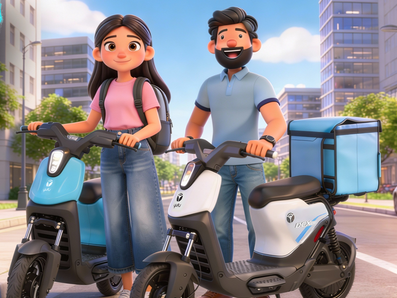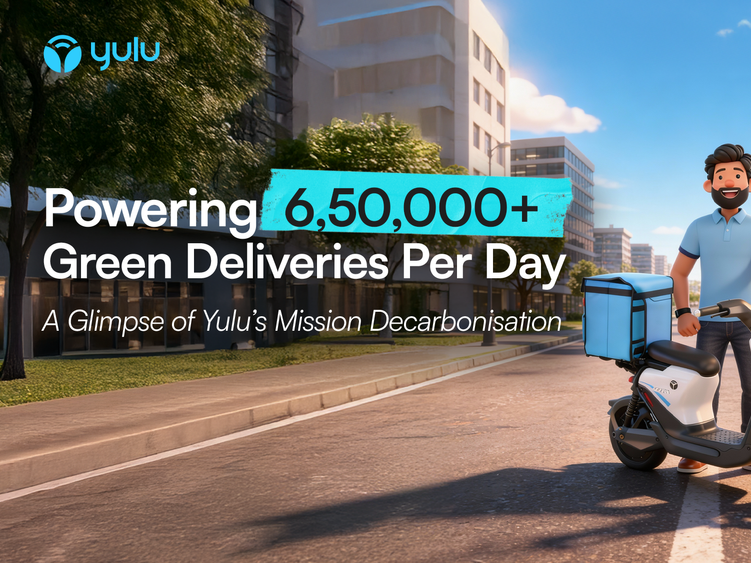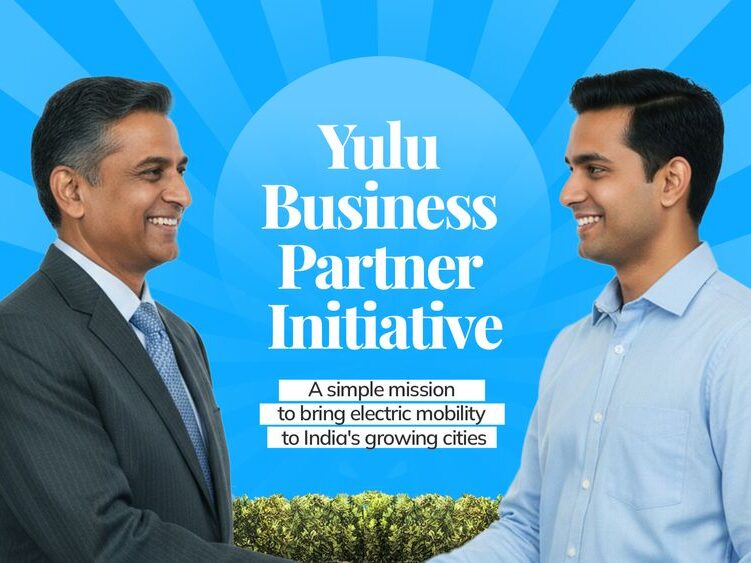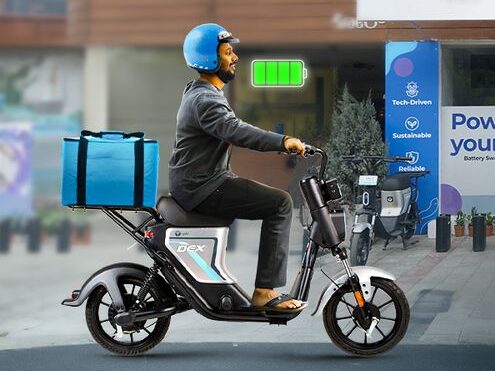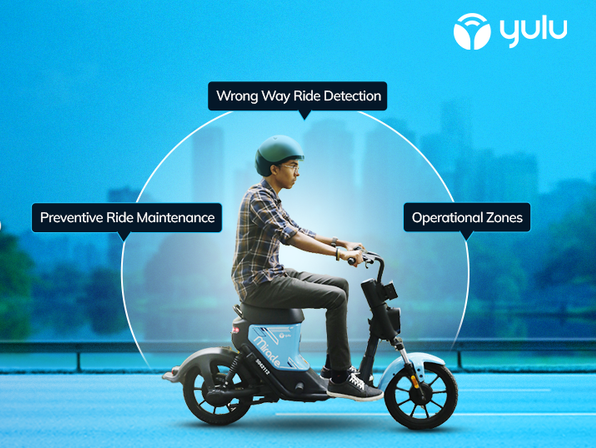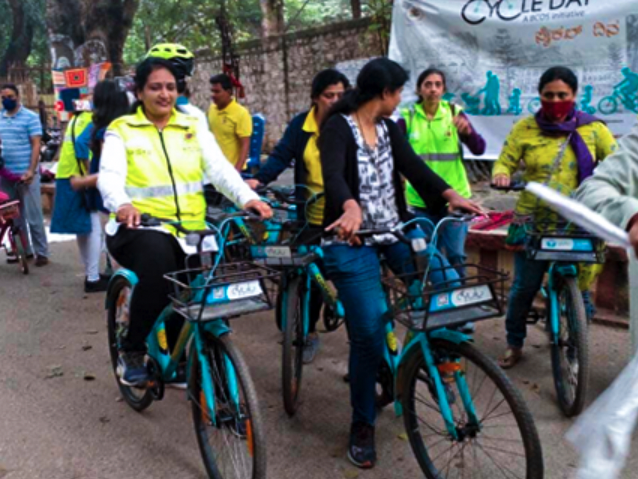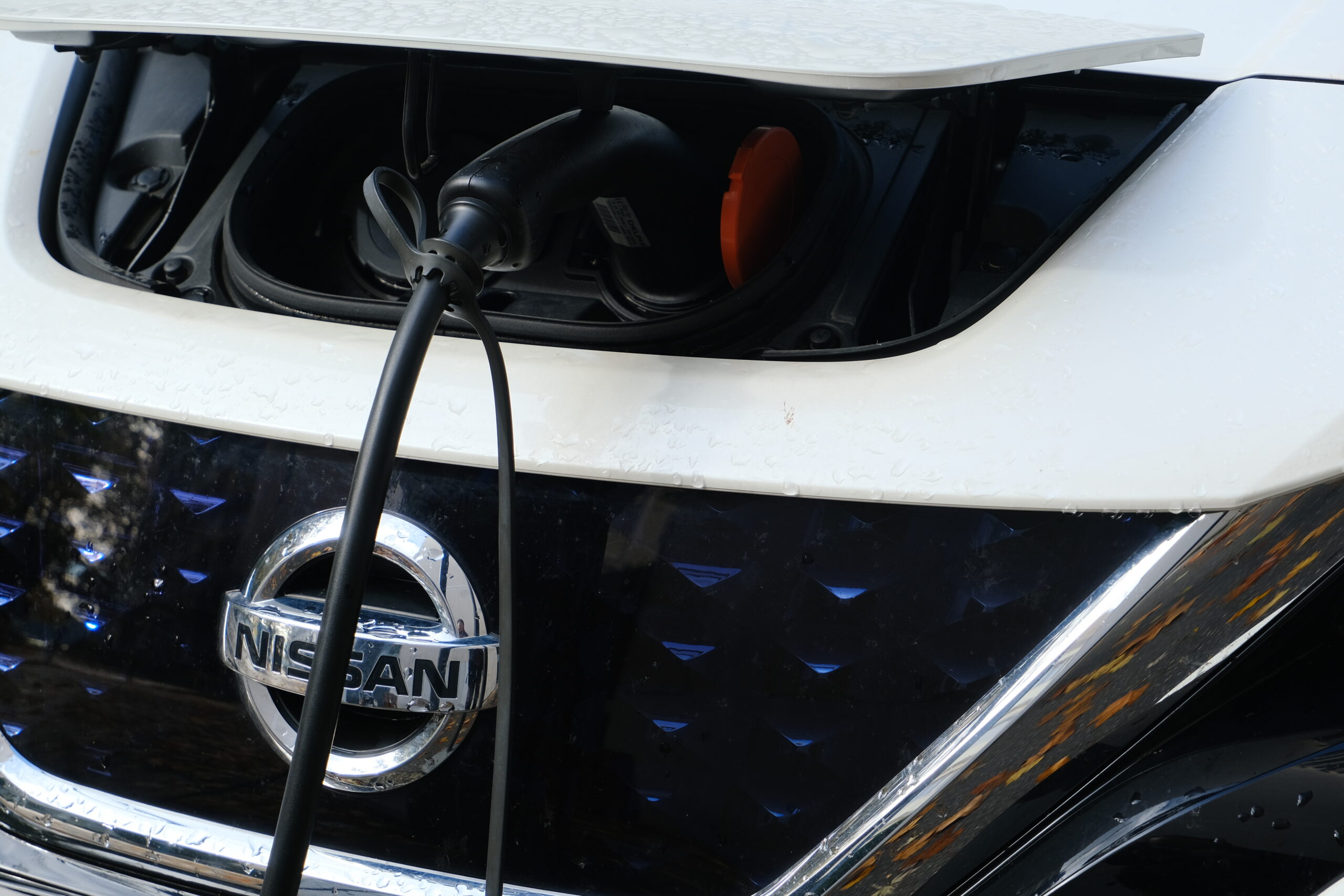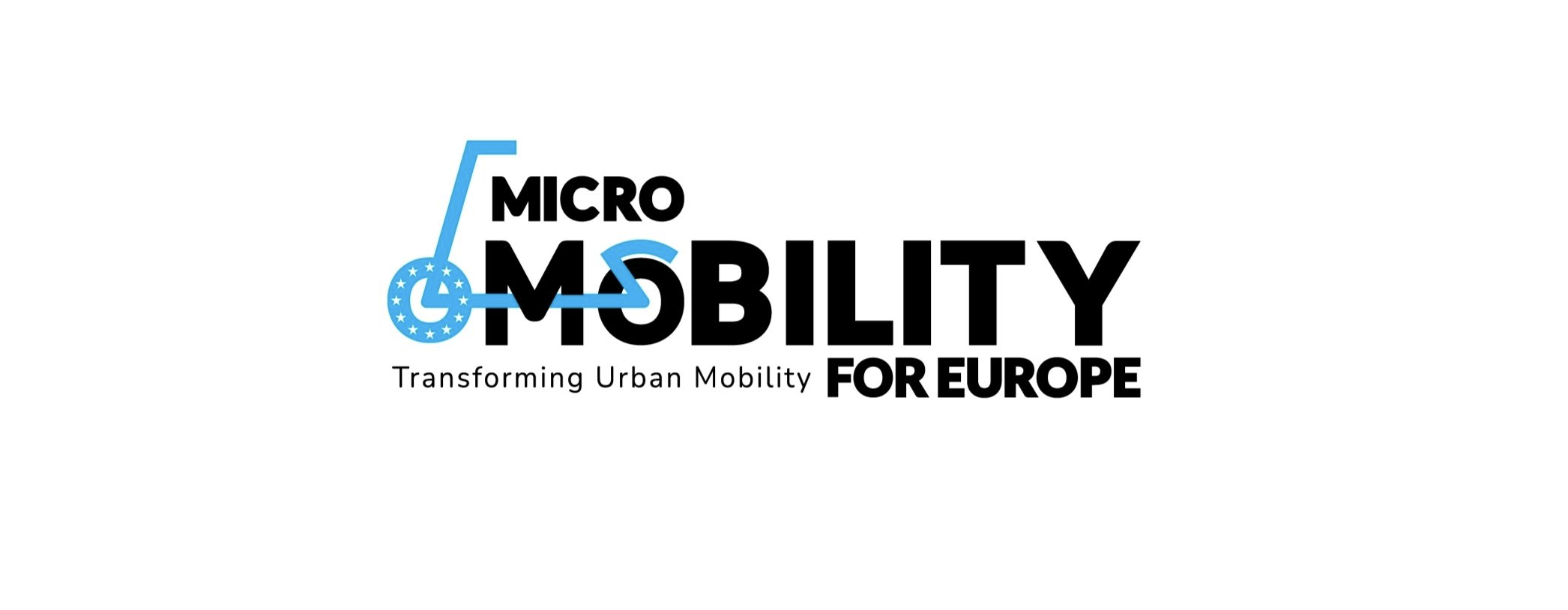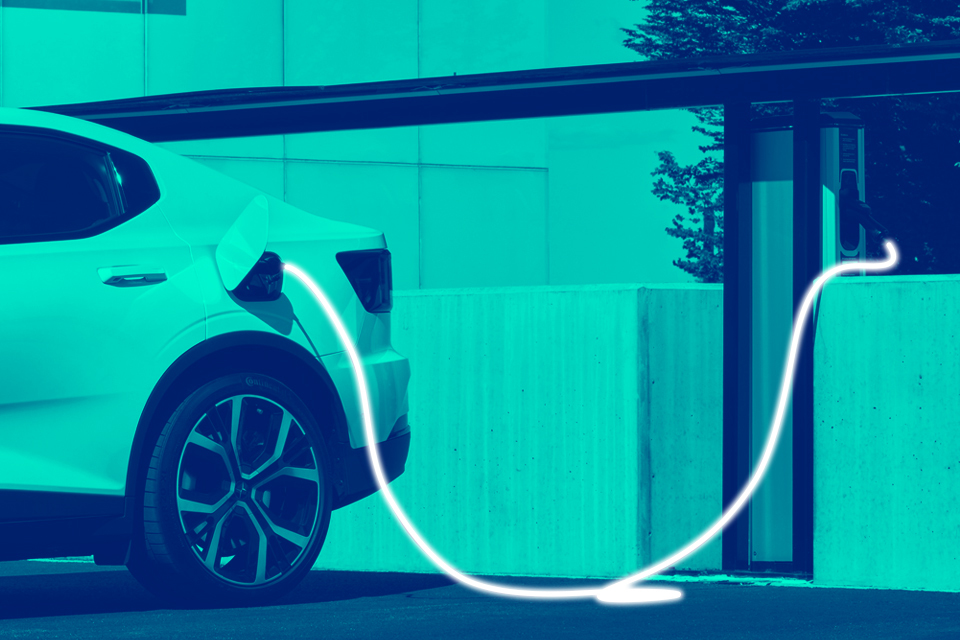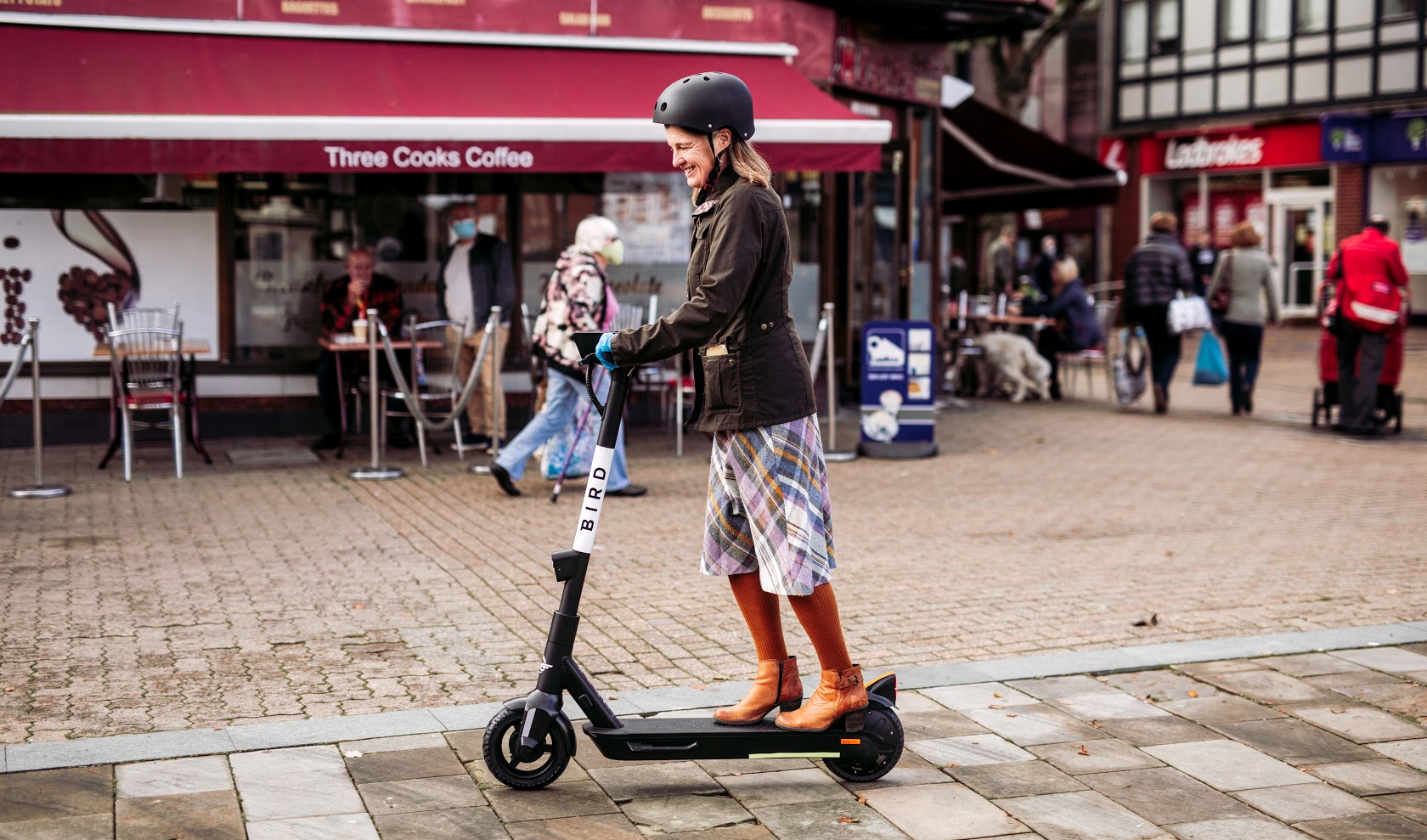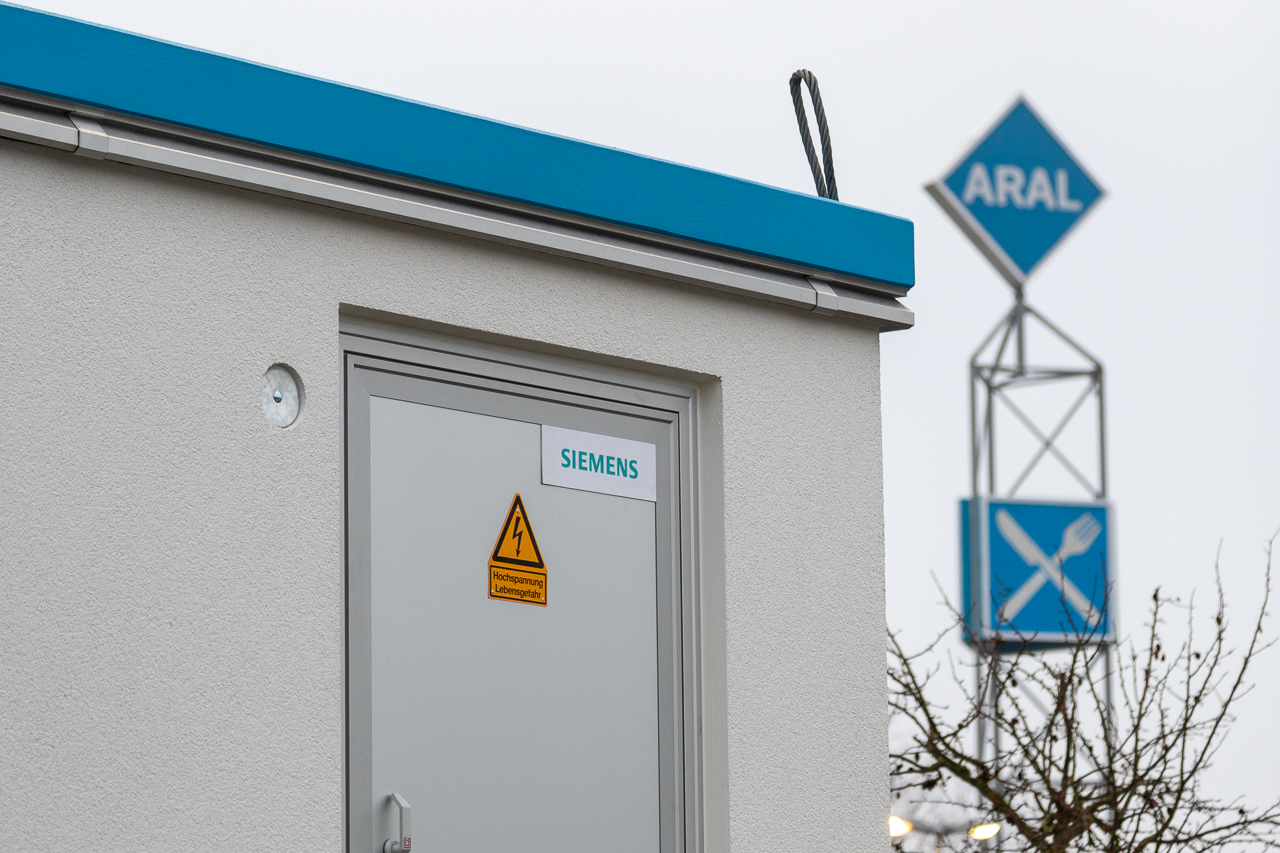Future of Electric Vehicles in India Is Not Cars but Shared Two-Wheelers
The world has already witnessed an increase in the number of electric vehicles taking over streets, and India isn’t far behind now. India is poised to lead the world in advanced passenger mobility. Shri Amitabh Kant, NITI Aayog CEO spoke of mobility trends in a recent mobility report:
NITI Aayog CEO, Shri Amitabh Kant, said:Three trends in mobility which are making profound impact are electrification, shared mobility, and automation….If we prepare ourselves for these trends and become early adopters by deploying emerging transportation technologies and business models, it will help us in leapfrogging traditional approaches and leading the world in new mobility solutions.
Presently, India’s EV usage is less than 1% as compared to other developed countries like Norway or developing ones like China. Further, this segment is divided into four-wheelers and two-wheelers. The electric two-wheeler market in India is expected to grow at a CAGR of over 44% during the period 2019–2025. Considering the average Indian purchasing power and the fact that cars lead to higher congestion on roads, the solution lies in deploying effective shared two-wheeler support solutions.According to manufacturers and analysts, the newest vehicles to hit India in the coming decade are electric-powered two-wheelers, including bikes and scooters. A shared mobility system based on usership, not ownership, can increase utilization and decrease congestion, providing better accessibility and at a lower cost.
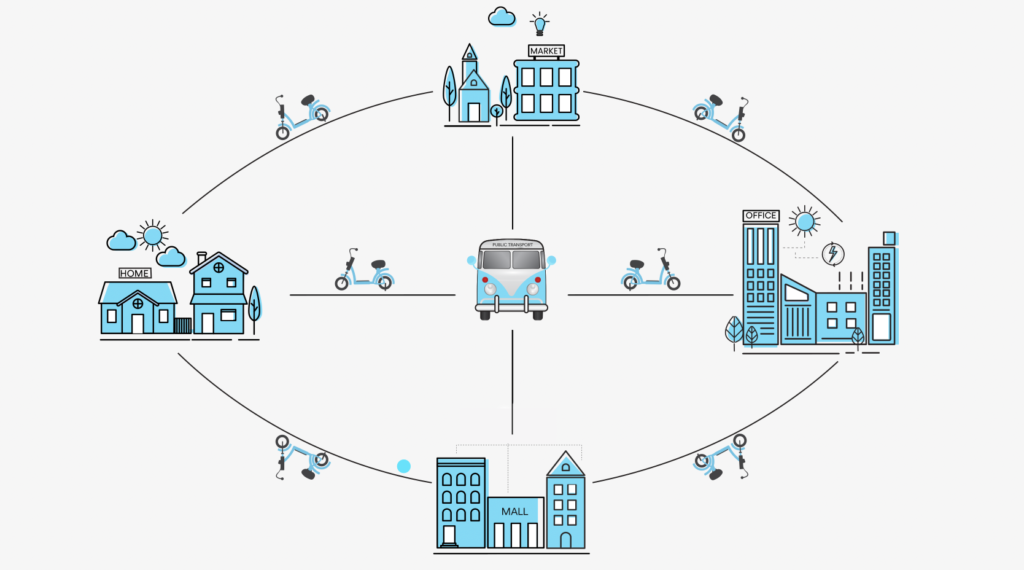
The EV Advantage
While petrol is the main fuel propelling two-wheeler sales, Indians are slowly swaying towards access to more affordable and environmentally sustainable vehicle options, as also reported by the International Energy Agency. Electric vehicles greatly reduce the number of pollutants on the road, making them highly sought after.
EVs and the Regulatory Framework in India
Many state governments in India, including the southern states and Maharashtra, have begun to develop policy frameworks and incentives to promote electric vehicle manufacturing. Governments believe that this combination of low-cost emission-free vehicles with environmental benefits is just what India needs.
EVs are cost-effective solutions requiring low maintenance and will help propel the Indian economy towards speedier development. In Maharashtra, the government is pro-EVs towards public transport and aims to set up charging stations, purchase subsidies over 5 years. Delhi’s recent EV policy recommends that businesses involved in e-commerce, logistics, and delivery, transition at least 50% of their delivery fleets to electric by 2023, followed by a complete 100% switch by 2025.
Two Wheeler EV projections
In India, several startups have started spinning innovation and created futuristic and sleek two-wheelers at low price points. India is full to its brim with two-wheelers and is fast growing as one of the top markets that EV companies are tapping into. According to projections, by 2024, India’s two-wheeler segment is expected to go from the current 0.6% to a gradual 12-17% spike in terms of purchase of electric two-wheelers. India’s top 5 two-wheeler producing companies are looking to increase manufacturing capacity from the current capability of 4 lakh units to 30 lakh units in the next four years. However,the recent consumer behaviour in India shows millennials are doubtful about the need of owning a vehicle at all! With the concept of shared mobility gaining momentum in India, consumers can commute without worrying about the repair and maintanece of e-bikes or battery.
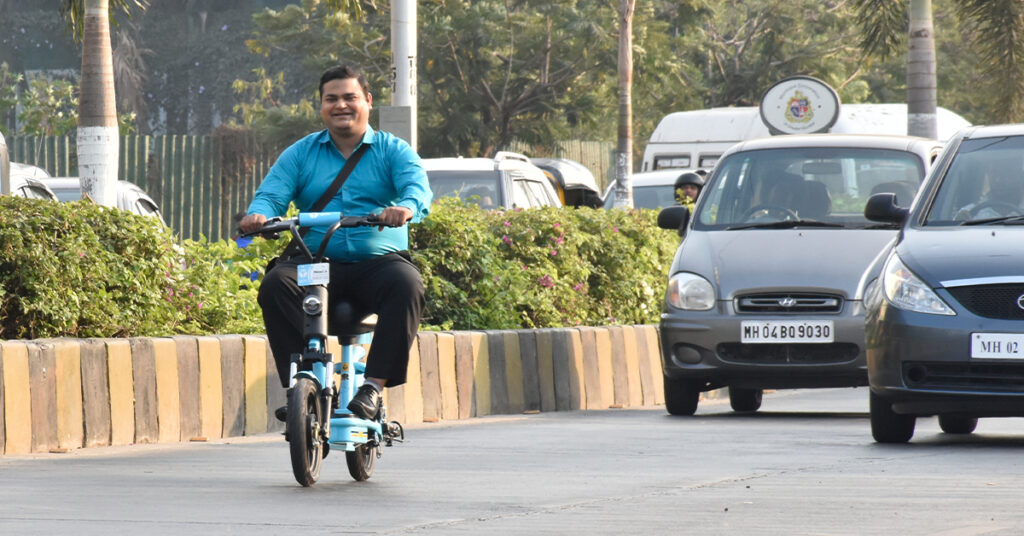
Yulu – Leading India’s UMaaS
Electric Mobility comes with its own challenges of charging infrastructure and range anxiety. Consumer adoption of EVs has been limited due to practical factors like range anxiety and availability. On the other hand, improving asset utilization of the existing class of vehicles with shared-mobility platforms has not been able to reduce the dual problem of traffic congestion and pollution in a significant way.
With it’s IoT-enabled EV Fleet and ML-driven network intelligence, Yulu is solving for the demand-supply problem and growing its footprint in a sustainable manner. Through its early partnerships with mass rapid transit systems like Metro, Yulu layers commuter patterns on top of its network intelligence bringing high availability and convenience to its customers. This technology-driven approach is key to continuously increase operational efficiency and help reduce traffic congestion in a meaningful way.
Yulu has overcome these challenges by its proprietary IoT-driven and highly scalable charging infrastructure, integrated with IoT, machine learning, and artificial intelligence. Yulu has developed a robust EV ecosystem right from in-house vehicle design to setting up of highly scalable battery swapping infrastructure and on-ground operations to accelerate the adoption of EVs in India.
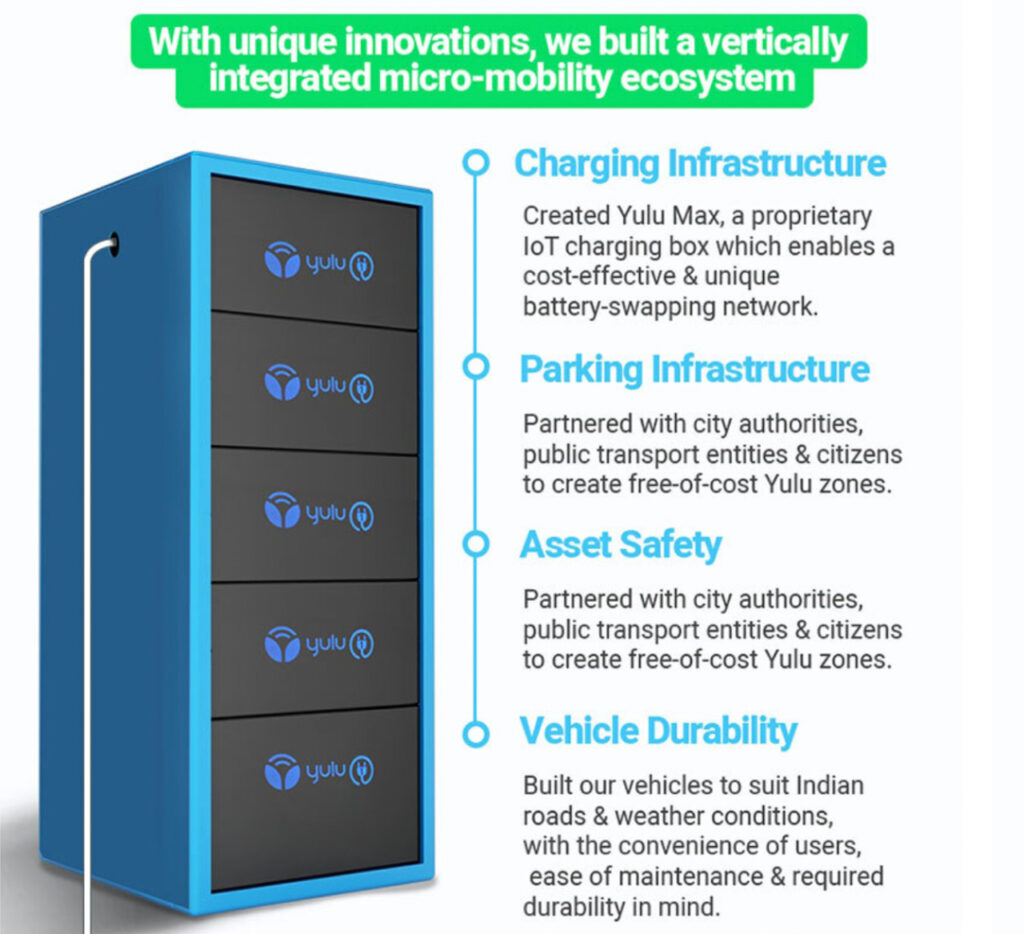
Yulu provides an eco-friendly Urban Mobility as a Service (UMaaS) which is set to be an affordable, scalable and shareable commute option. Yulu aims to be India’s trusted vehicle for the first mile, last mile and short distance commutes. The company aims at providing small form factor scooters like the Yulu Miracle, accessible to a larger section of Indian society, and perfect for decongesting road traffic.
Presently, about 2.5 million Yulu users are riding close to 18,000 Yulu Miracles and bicycles across 7 major cities in India — Bangalore, New Delhi, Gurgaon, Mumbai, Ahmedabad, Pune, and Bhubaneswar.
Yulu is focused on driving innovation through Indian streets. Yulu can be used through an app, operated by way of a virtual docking system where Yulu vehicles can be dropped off or picked up from designated zones.
Yulu is India’s answer to modern electric vehicles that don’t require battery charging stations, parking infrastructure, as well as Indian road durability. Recognized as one of India’s leading emerging startups, Yulu’s smart and sustainable urban micro-mobility solutions are a game-changer in the two-wheeler electric vehicle space.
This article was originally published by Yulu Bikes Pvt Ltd.



